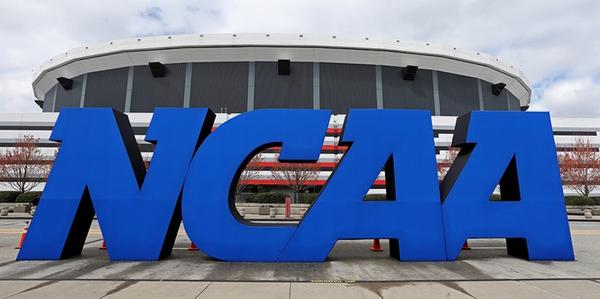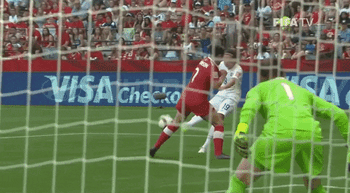A House v. NCAA settlement could massively shift the NCAA’s business model

The GIST: By tomorrow evening, the NCAA and the Power Four conferences will vote on whether to settle House v. NCAA, the ongoing lawsuit claiming the NCAA’s pre–NIL ban on student-athlete compensation violated antitrust regulations. A settlement would permanently change college sports’ business model, creating industry-altering shockwaves.
The details: Any settlement would likely see the NCAA owing damages (aka back pay) to Division I athletes who were barred from earning NIL money between 2016 and the 2021 NIL legalization. The current amount on the table? $2.7B. About $1.1B would come from the NCAA’s reserves, with the rest raised by withholding revenue distributions to conferences and schools for the next 10 years.
- More crucially, settling also means a new revenue-sharing model: Schools could opt to distribute up to $20M of their own revenue directly to athletes each year — which many predict will become required spending to remain competitive at the most elite level.
- This essentially kills the NCAA’s beleaguered amateurism model, but it doesn’t automatically make athletes official school employees (or grant them all the associated federal labor protections). There’s still lots of negotiating and lobbying to be done before that happens.
What it means: Even for Power Four programs with massive revenue streams, funneling up to $20M per year to athletes (not to mention losing NCAA–provided revenue) will require some major budget rearranging. And at smaller schools without powerhouse football programs, like those in the Big East and Big Sky conferences, that could mean cuts to sports and athlete resources.
- This could further deepen the disparity between major football schools and everyone else, making NCAA president Charlie Baker’s top-tier Division I proposal an increasingly likely scenario.
- As is, the proposed settlement isn’t perfect. But if the NCAA doesn’t settle and then loses at the January 2025 trial, the penalties could put the org out of business for good.
What’s next: Even after a settlement, there will be many unanswered questions, particularly regarding the impact of revenue-sharing on non-revenue sports and female athletes. No matter what happens, college sports will never be the same as it was.
Enjoying this article? Want more?

Sign up for The GIST and receive the latest sports news straight to your inbox three times a week.

